11 Things in Your Bedroom That Are Wrecking Your Health
Your bedroom should support good sleep and help you feel rested. However, some of the most common items in your space may quietly be doing the opposite. These hidden health risks can disrupt rest, increase stress, and even affect long-term well-being.
The good news is that most of these problems have simple fixes, once you know what to look out for. Here are some things that could be making your bedroom less healthy.
Old Pillows
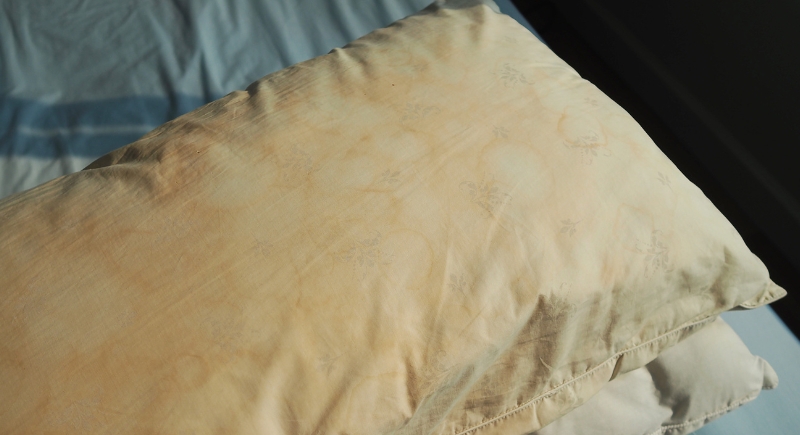
Credit: Getty Images
Dust mites and allergens build up over time, especially inside pillows that don’t get washed. If your pillow is more than two years old, it may be holding sweat, oil, and skin cells. These can trigger allergy symptoms and affect sleep quality.
Cluttered Nightstands
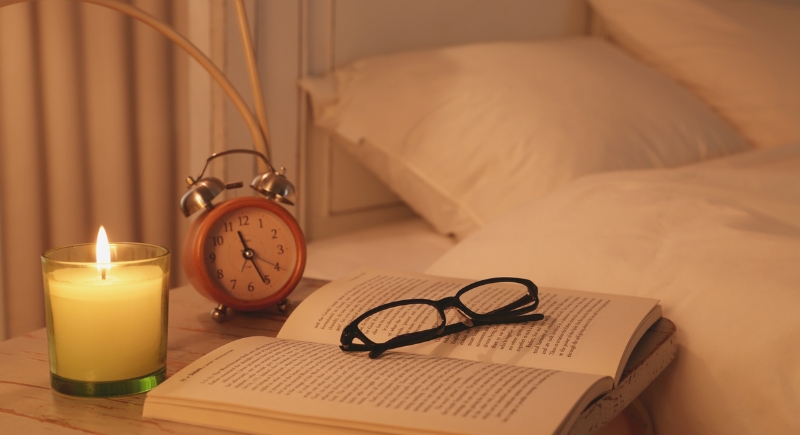
Credit: Canva
A crowded nightstand can keep your brain active when it should be winding down. Visual clutter can add stress and make it harder to fall asleep. Items like receipts, electronics, and old water bottles belong elsewhere.
Scented Candles
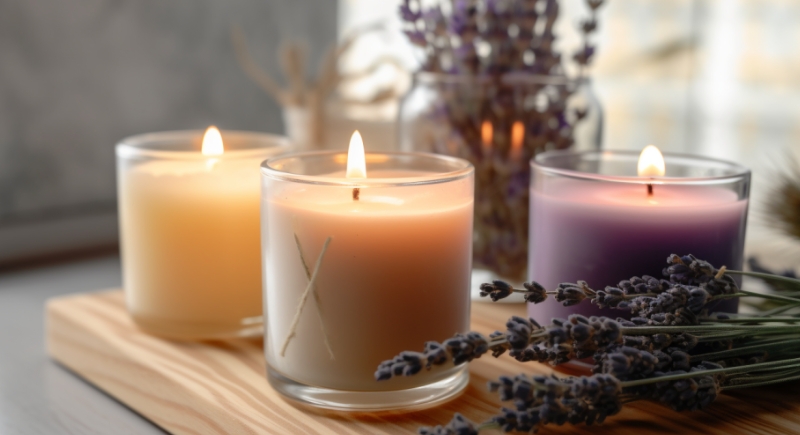
Credit: Canva
Many candles contain synthetic fragrances that release compounds when burned. These can irritate the lungs, especially in enclosed spaces. Certain wicks may also give off small amounts of metal or soot.
Wall-to-Wall Carpeting
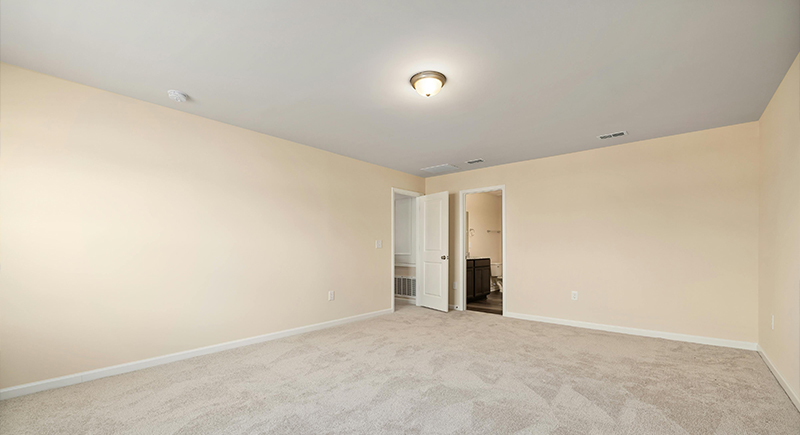
Credit: pexels
Carpets can trap dust, mold spores, and pet dander. Even regular vacuuming doesn’t remove everything. People with allergies often notice symptoms worsen when spending time in carpeted bedrooms.
Overstuffed Closets
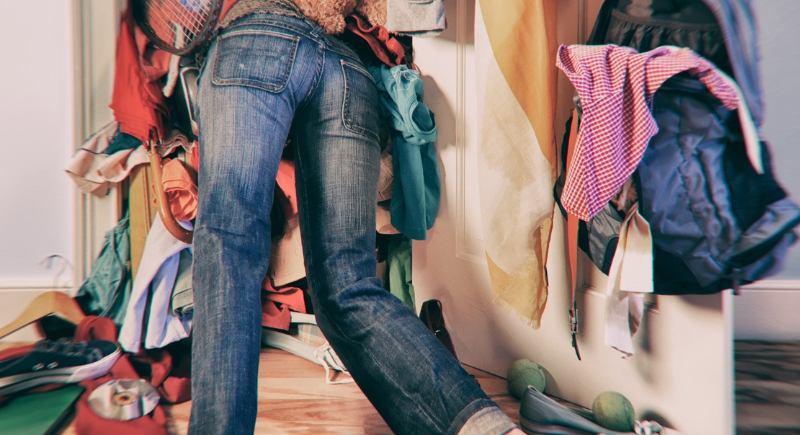
Credit: Getty Images
Packed closets collect dust and block airflow. When air doesn’t circulate, it becomes easier for mold and musty odors to build up. That stale air then spreads to the rest of your room. Periodic cleaning and donating unused clothes clears space and keeps things fresher.
Screens Before Bed

Credit: Canva
Phones, tablets, and TVs give off blue light, which can interfere with melatonin production. That makes it harder to fall asleep and stay that way. Keeping screens out of the bedroom or switching to night mode earlier in the evening can improve your rest over time.
Strong Room Fragrances
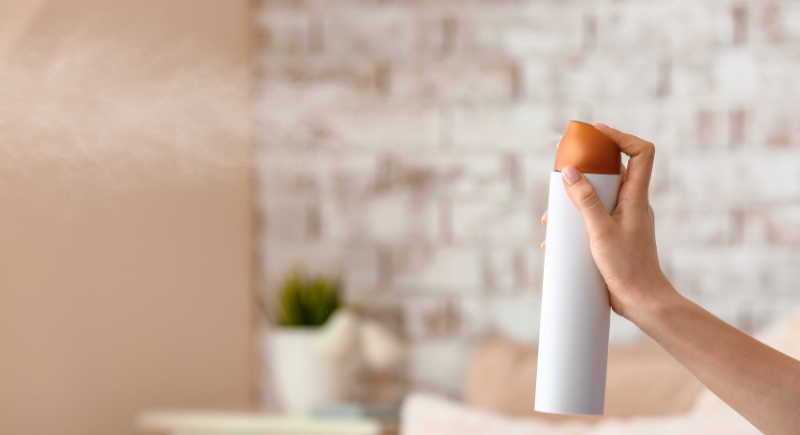
Credit: Canva
Sprays, plug-ins, and diffusers may smell pleasant but often contain chemicals that linger in the air. Some can trigger headaches or breathing issues.
Poor Ventilation
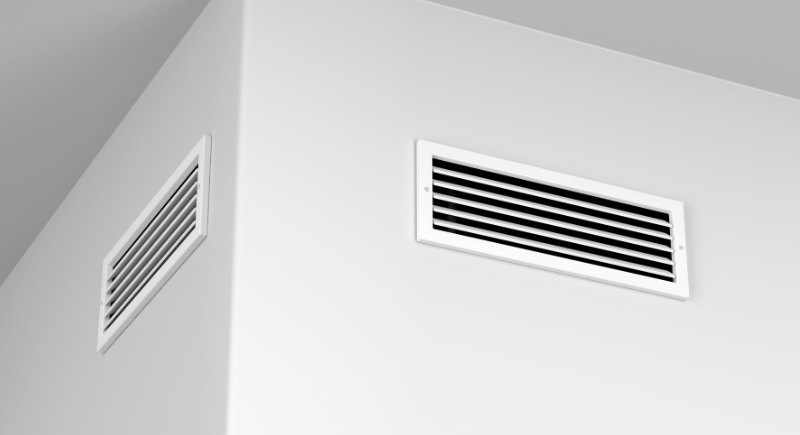
Credit: Canva
Stale air can trap carbon dioxide and indoor pollutants. Your room may feel stuffy and lead to shallow sleep or dry sinuses without proper airflow.
Electronic Alarm Clocks
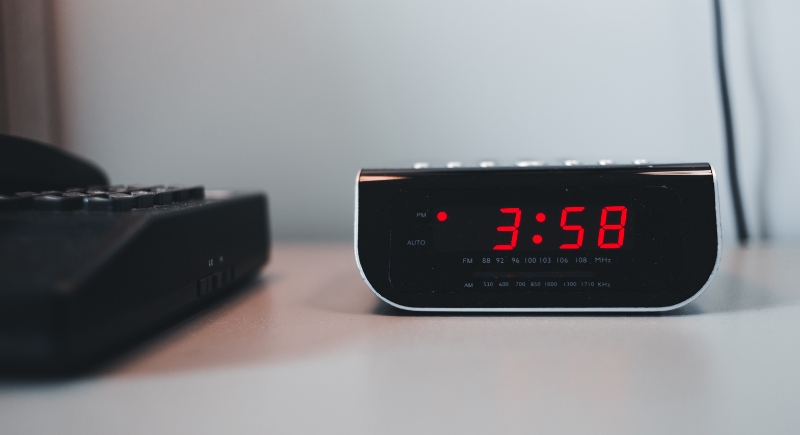
Credit: pexels
Bright numbers and buzzing sounds can jolt you awake and make it harder to fall back asleep. Light from the screen also disrupts melatonin levels.
Memory Foam Mattresses Without Covers
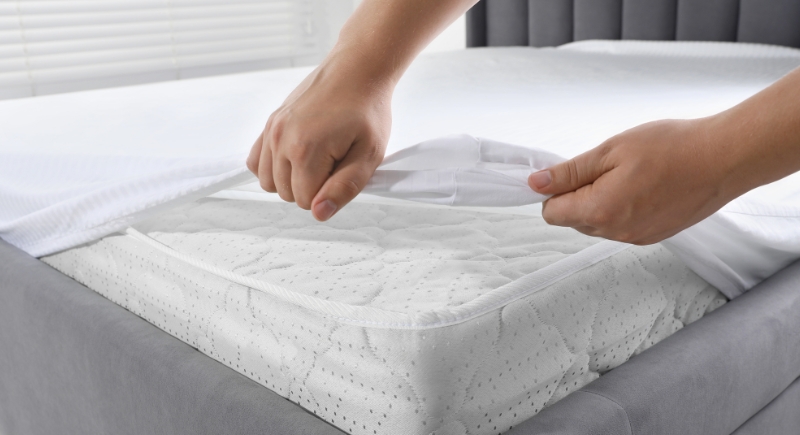
Credit: Canva
These mattresses often trap heat and sweat. If they aren’t protected by a cover, they may also hold dust mites and allergens.
Dark Curtains That Never Get Opened
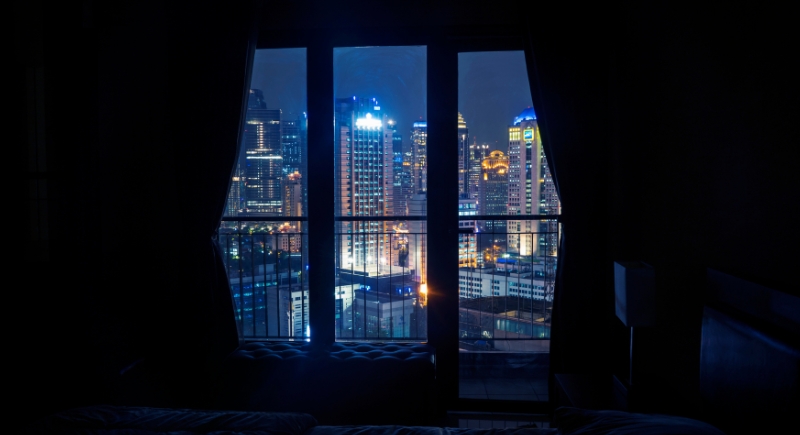
Credit: Canva
Blocking natural light all day confuses your internal body clock. Morning light helps regulate sleep-wake cycles, improves mood, and supports healthy hormone levels. If you keep curtains closed for too long, you may start to struggle with grogginess and sleep issues.
Unwashed Curtains or Blinds
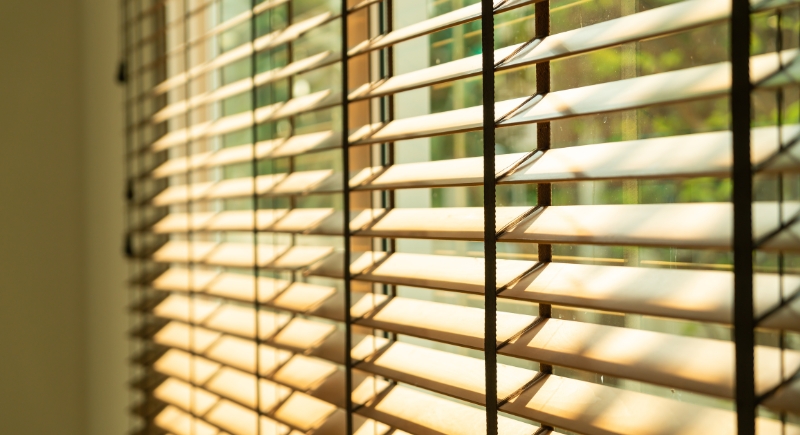
Credit: Canva
Dust can gather on window treatments and is often ignored during cleaning. Every time a window opens or the fan runs, dust spreads around.
Weighted Blankets That Are Too Heavy
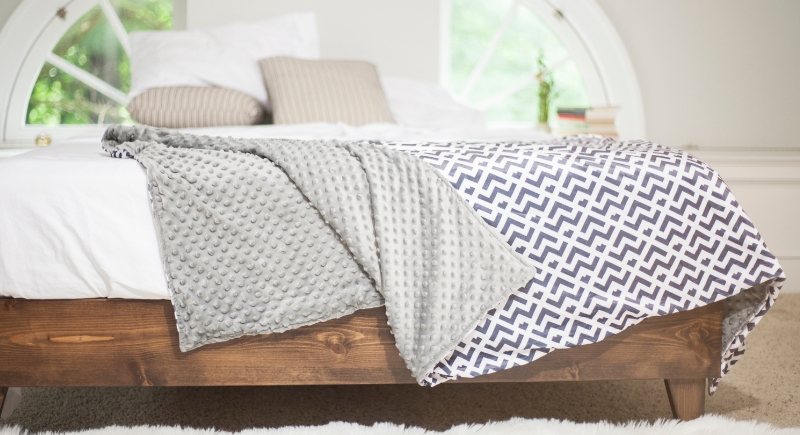
Credit: Getty Images
A weighted blanket can ease anxiety, but using one that’s too heavy may restrict movement or raise body temperature. That can lead to interrupted sleep. Experts suggest choosing a blanket that’s about 10 percent of your body weight for safe, comfortable pressure.
Nighttime Lighting That’s Too Bright
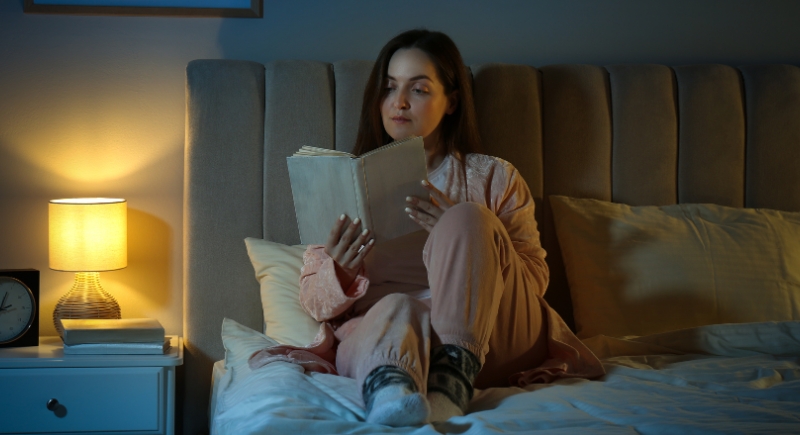
Credit: Canva
Ceiling lights or bedside lamps with bright bulbs can keep your brain active. Harsh lighting before bed makes it harder to wind down.
Excess Pillows or Plush Toys on the Bed
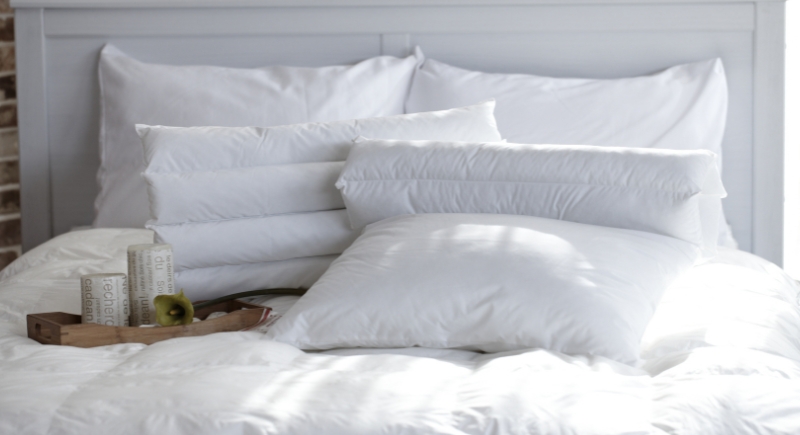
Credit: Canva
Too many pillows and stuffed items can collect dust and trap heat. They also take up space and may affect sleep posture.
Closed Doors All Night in Poorly Ventilated Rooms
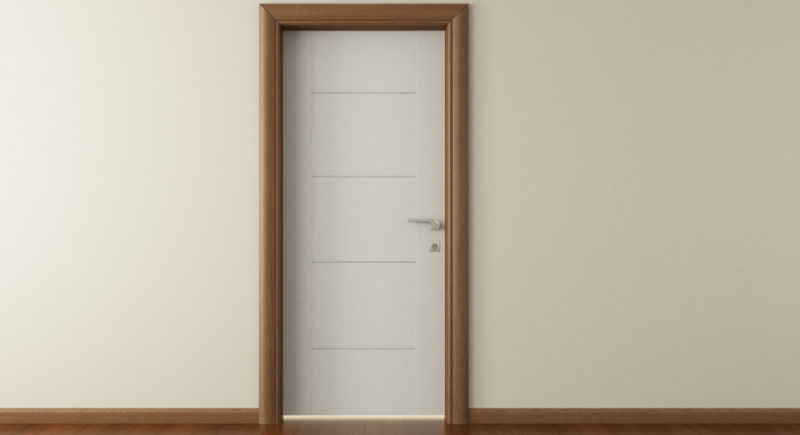
Credit: Getty Images
Shutting the door might feel cozy, but it can reduce airflow. If the room lacks ventilation or an air purifier, CO2 levels may rise and disrupt deep sleep.
Old or Untested Smoke Alarms
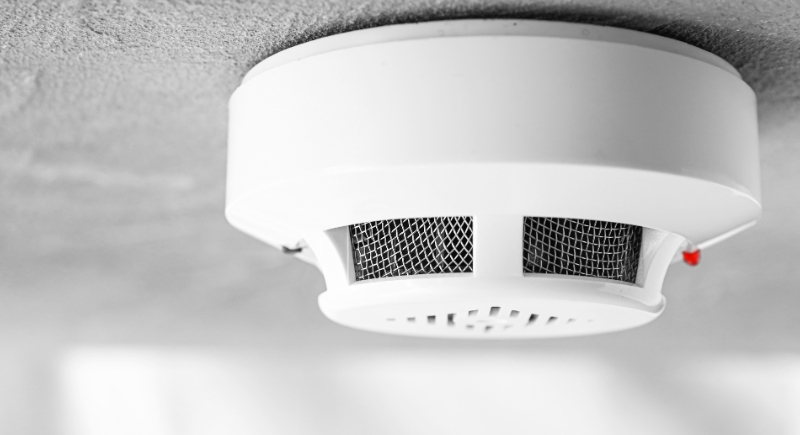
Credit: Canva
A bedroom should always have a functioning smoke detector. Over time, batteries fail or devices stop working altogether. Regular testing ensures safety. A non-working alarm also adds mental stress that can quietly impact rest.
Temperature That’s Too Warm

Credit: Canva
A hot bedroom disrupts sleep by interfering with your body’s ability to cool down. Experts recommend keeping the room between 60 and 67°F. Lowering the thermostat or using breathable sheets makes it easier to fall asleep and stay comfortable through the night.